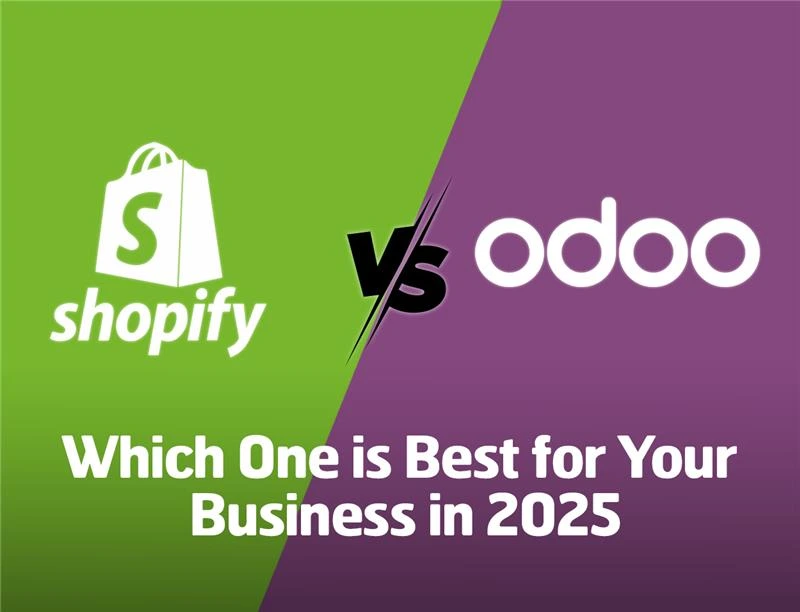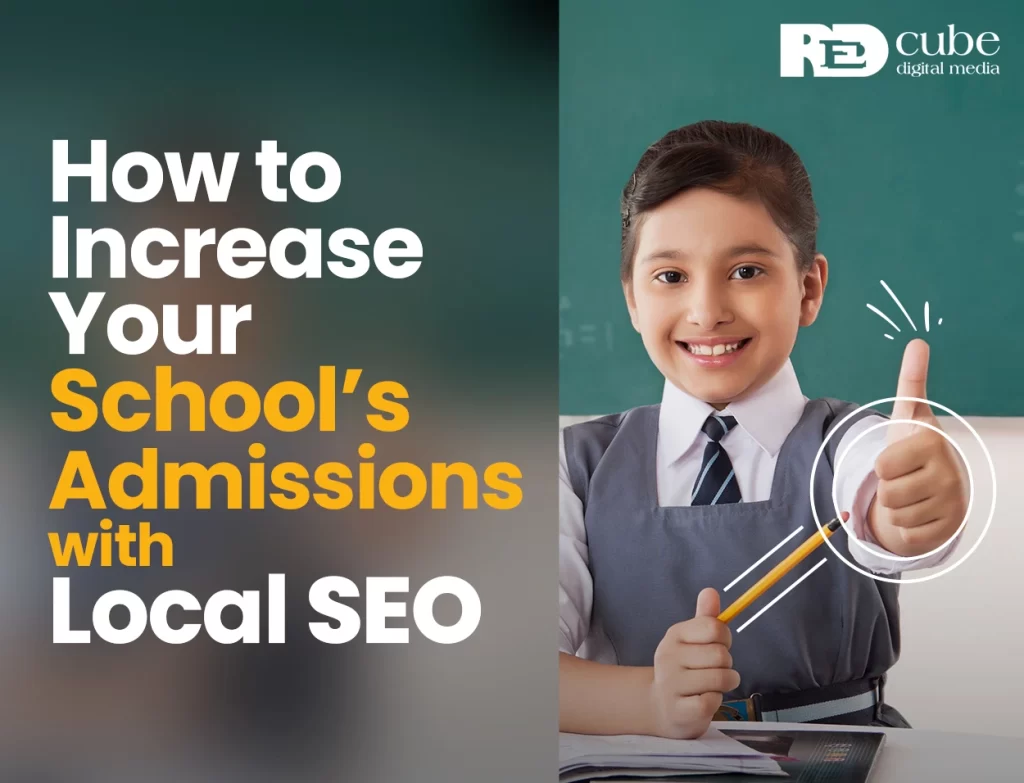Do you understand the pervasive nature of digital media in the present-day world?
This age-old practice has evolved to a point where it is not unique anymore. Smart devices have overtaken daily lives. Social media has become the new way to interact. The audience for anything and everything is online. And, with techs like Big Data, Machine Learning, and AI, digital marketing has an upgraded arsenal in its hold.
And yet, the disadvantages almost always fall in tow with the benefits.
While marketers have all this help to predict where their target audience resides, the problem lies in the very fact that this data is voluminous enough to confuse the handler. It’s overwhelming, says Radoslaw Dobrolecki, RTB House, US Business Development Director. Dobrolecki, however, also mentions how marketers use Artificial Intelligence to overcome this challenge.
We’ll take an in-depth look at the matter.
One, It’s about Getting the Audience’s Attention
In the age of digital overload, almost everyone has an attention-span issue, whether they admit to it or not.
This era has taken a sharp turn towards trends like being online all the time, using multiple screens, cord-cutting, and hence preferring streaming services to traditional television, etc. Users have gotten used to and been increasingly fed up by their social feeds overflowing with ads, which has, in turn, led to the rise of ad-blocking.
30% of the entire Internet-using community is expected to use ad-blockers of one or the other kind by 2018. And, they have valid reasons for these actions.
Two, It’s Also about Keeping That Attention Long Enough to Convert the Audience into an Acquired User
While the digital spending continues to hike, so does the popularity of automated buying. The result is a market that lays bared to ad fraud. A Forrester report states that around 60% of advertisements, accumulating to about $7.4 billion in funds, were never viewed by a human.
That is a lot of money down the drain.
Moreover, given the ever-available status of many people present, it’s equally essential that every effort broadcasted using a multi-channel digital marketing strategy keeps the message consistent.
Confuse the user and here’s what you may get:
- A harmful self-competition, since the users get different messages on different media channels, all for a single product that you’re offering
- Digital media spend inefficiency
- Decreasing acquisition rates
- Wasted budget
- A chance to boost loyalty and gain a lifetime customer, lost
The point- there is a lot of noise out there. You, the marketer, needs a voice that is loud enough to be heard over the ruckus and relevant enough for the user to want to locate the source.
That’s how artificial intelligence affects digital marketing. It offers you an advantage over the competition. It tells you where you are more likely to be heard. It informs you of the modulation your voice needs to leave a lasting, intense effect.
Applications of Artificial Intelligence in Marketing
How is AI changing digital marketing?
That’s a tough one! You see, while trying to come to an understanding about how AI can assist digital marketers in creating a customer-friendly and result-producing strategy, we’ve only ever touched the tip of this iceberg.
For now, what we do grasp is that AI is a potential tool that can help customers acquire a better experience while conversing with a brand on any channel. While they do that, you get your share of the benefit by learning about-
- Their browsing behaviour
- Their buying preferences
- The level of their tolerance regarding how any information is presented to them
Your advantage– with the help of AI, and the data you have, you can predict a customer’s future behaviour, buying tendencies, as well as define a better target market for your product.
We’ll go through a few examples so that you can better grasp the concept I’m trying to put forth.
-
Predictive Analysis
I can guarantee that you’ve heard about, probably invested in, heavily budgeted data-driven campaigns with results that can only ever be called frustratingly elusive.
The thing is, a lot can go wrong even if you have a massively impressive database. It could contain irrelevant or out-of-date information. Analysing that set would result in inaccurate marketing efforts, a mislocated target, or untimely advertising.
Nobody wants that, of course.
Predictive analysis, Propensity Modelling to be exact, is a new technique that has been applauded by many marketers for its accuracy. It offers an estimation of people who are very likely to respond to an offer. As per Jason Lark, MD, Celerity, this model has proved itself with one of their clients by offering as high as 80% accuracy.
What Is It?
It tracks the customer habits, like that of opening a marketing email, participating in feedback surveys, signing up, availing loyalty programs, buying stuff, etc. All you must do is offer them good-quality customer data segmented into neat and informative sections.
A bit of advice- always ponder over the business goal you have to serve before you can go through the available data source. Once you have the segmentation sorted, the model will take care of pattern recognition, data mining, and result-refining.
What Purpose Does It Serve?
While the spotlight may be at Propensity Models right now, the ultimate benefit stands true for all kinds of predictive analysis. They are constructed to help you develop a successful sales strategy, make sure that it works in the long-term, and responds to growth opportunities in time.
-
AI-Powered Chatbots
No matter how far we’ve come from the early days of marketing, conversation commerce hasn’t lost its charm a bit.
Chatbots are the future of AI in digital marketing. Primarily, because they are a shortcut to letting any customer know what your most valuable offering is in a rather engaging tone, they are perceived as a significant upgrade over the traditional models.
Advantages:
- They can offer 24*7 assistance
- They can retain data, giving you a knowledge bank of sorts to look into and establish context everytime a particular customer comes back to chat. Plus, this information can help you create super personalised advertisements
- They don’t carry human vices like losing patience or getting angry over time
- They can handle many customers at once, reducing the overall wait-time
- You can design them with multiple flows, making sure that they engage the customer in an active conversation without tripping over themselves
- They can help track the purchase patterns, giving you a direct idea of the customer’s buying habits
But, Keep in Mind
Powering chatbots with AI in digital marketing is explosive in a good and a shady manner. You must employ appropriate design to ensure that your conversational bot stays on topic while avoiding boring, cliched, or repetitive dialogues.
-
Machine Learning & Audience Targeting
If we’re talking about target marketing, AI & machine learning is one of your most significant assets.
To drive better conversions, it’s necessary to build an ideal customer profile. You must answer questions like “What is the customer most likely to buy next month”, and “What marketing message should leave the best impact on a particular person and when is the most appropriate time to send it” to get a final sales figure that appeases the management.
But, ML and AI not only offer assistance with audience targeting, they also let you optimise the content, strategy, and spending.
-
AI-Assisted Content Marketing
If you are at all intimate with the worst nightmares of a content professional, you’d know what WordSmith is.
This natural language generation platform uses data to create an informational narrative that feels similar to a human-sounding article. It has created over 1.5 billion pieces in the last few years.
The point- you will get AI-powered services in the market to improve your content strategy to a point where even the articles will be curated automatically and by using evolving machine understanding.
AI is no way capable of replacing content experts at this point. However, it does make the job easier by offering services which can produce content on the scale.
Artificial Intelligence in Digital Marketing- Recounting the Benefits for a Marketer
- The user experience would improve
- Your website visitors would be greeted with a direct and easy to use experience
- You’d be able to benefit by predicting buyer behaviour and persona
- Customer service would become easier to manage, faster in service, and accurate in delivery
- Security concerns would ease
- You’d get to maintain a more comprehensive database and hence a more precise prediction system
- The ultimate ROI would improve
Of Course, the Entire Affair Requires a Lot of Introspection on Your Side
AI is on the rise. It is a prominent tech with promising prospects. It makes your job easier. It makes branding and digital marketing efforts more accurate. And, it helps you personalise consumer interaction quite effectively.
But, there are challenges.
For instance, a customer wants relevant ads but baulks at the idea of data that are collected by external parties. Cookies are being forced into the back seat which not only affects customer tracking but also poses a problem for the upcoming years of digital marketing.
Buckle up, is all I’d recommend.2



